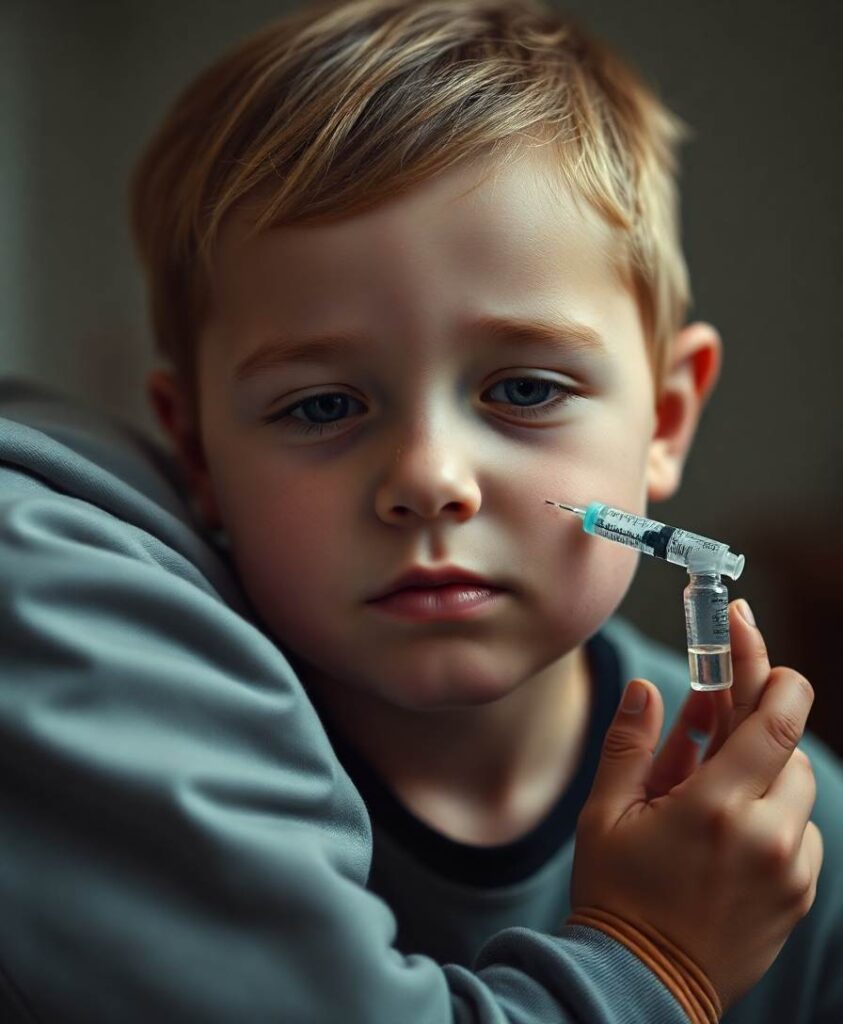Stigma, access to care, and changing social norms all shape whether someone asks for support. Young adults, who often see cannabis as harmless, may delay reaching out until problems interfere with work, school, or sleep. Communities, clinicians, and families need clear information and practical pathways so people who struggle can find respectful, effective help.

Learning how use patterns and treatment-seeking are evolving points to where systems must adapt. Curious about the numbers, the barriers people face, and what that means for recovery and inclusion? The full article explores these questions and connects them back to how we support human potential as attitudes and needs change.
Megan Feller smoked pot several times a day and couldn’t eat, sleep or function without it. But at the time, she didn’t see the need to reach out for help. “I didn’t think cannabis was a big deal,” the 24-year-old said. “It was really socially accepted. “This attitude is…


